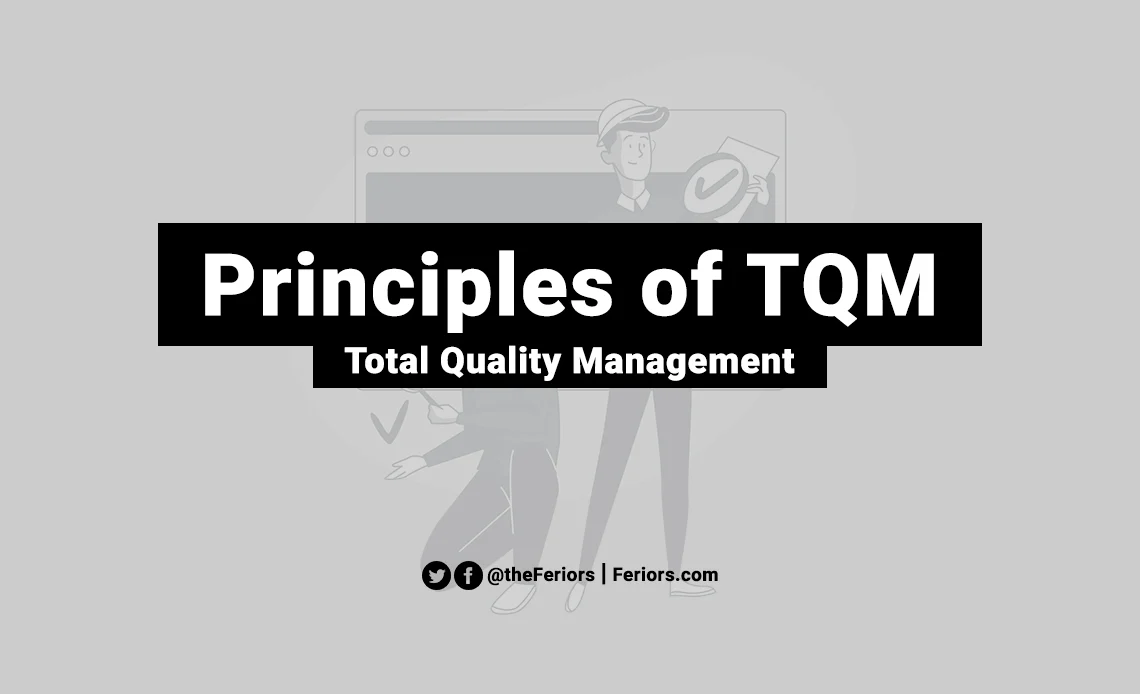What is Total Quality Management
Total quality management (TQM) is a management framework that focused on long-term success through customer satisfaction with various tools and techniques that result in high-quality goods and services. The total quality management reorients managers toward involving people across departments in continuous improvement in all aspects of the business.
The total quality management is based on the 8 TQM principles, including:
- Communications
- Continuous Improvement
- Customer-focused
- Employee involvement
- Fact-based decision making
- Integrated system
- Process-centered
- Strategic and systematic approach
Customer-focused
Total quality management (TQM) is based on this principle, this is the center of the total quality management in order to create customer satisfaction. At the same time, customer satisfaction is the key that made the customers repurchase the products and services in the future.
Communications
Communication refers to the communication of changes within the organization and changes in each department that occurs. The main purpose of communication within the organization is to update the significant changes that have occurred within the business. In order to make the connection of each function within the organization go smoothly.
Continuous Improvement
Continuous improvement is the main point of total quality management. This is because over time the old method of operation may no longer be good anymore, it better to drive all employees to seek new ways to be more productive to deliver high-quality products.
Employee Involvement
Employee involvement in total quality management involved employees from every level in the organization, not just those in management roles.
Fact-based Decision Making
Fact-based decision makings are the most effective decision. The decision-making process must be based on the rational data result such as sales data and customer retention rates rather than the speculation numbers.
Strategic and Systematic Approach
Since the company adapts the total quality management is focused on high-quality to meet customer satisfaction. Then, the quality must be part of an organization’s long-term vision and mission.
Integrated System
Although the organization is divided into various departments according to each function such as production, finance, marketing, manufacturing, R&D, and human resources. However, if the organization is looking for an edge over competitors, it is important to have an integrated system. Shared knowledge and information keep everyone in a company connected.
Process-centered
A good production process will make the products produced with the highest quality to meet customer satisfaction. The company needs to emphasize the clear production process and must be able to deconstruct each process for the continuous improvement.




